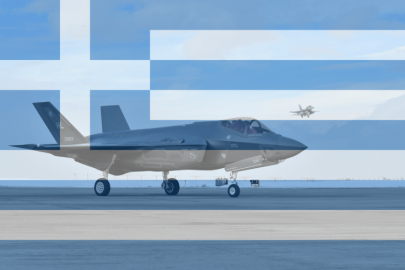Greece has long been one of Europe’s least favorably disposed countries toward the United States. Last year, a Pew Research Center survey found that a whopping 59 percent of the public held unfavorable views of the United States. And it’s not just the Trump effect. In 2014, with U.S. President Barack Obama in the White House, only one-third of Greeks believed American leadership to be a good thing, while 52 percent cheered for Russia.
But Greece also happens to be one of the United States’ closest friends in the EU right now. Geoffrey Pyatt, Washington’s ambassador to Athens, recently praised the country as “a pillar of stability in a difficult region.” In his words, cooperation between the two nations, from imports of liquefied natural gas (LNG) to defense contracts, is moving at “top speed.”
In part, that momentum has to do with the outcome of the Greek general elections at the beginning of the month, in which the center-right New Democracy headed by Kyriakos Mitsotakis, a technocrat and former financier educated at Harvard and Stanford, handily defeated the ruling populist left-wing Syriza, which counts among its lodestars Venezuela’s Hugo Chávez and which threatened in early 2015 to wreak havoc in the EU by opposing a bailout and mulling “Grexit” from the eurozone. Many in the Western media expect that Mitsotakis will soon seek to deepen ties with the EU, NATO, and the United States.
Yet Greece’s turn back toward the United States has deeper roots than a simple change of governments in Athens. It is a product of shifting geopolitics, and Alexis Tsipras, the leader of Syriza, deserves a fair amount of the credit.
Over the past decade, Greece has watched as next-door Turkey, its principal rival, became both stronger and more alienated from its Western partners. Ankara’s frustrated bid to join the EU derailed its rapprochement with Greece, which had picked up pace in the 2000s, during Turkish President Recep Tayyip Erdogan’s reformist and pro-European era. Now, the maritime disputes that have poisoned relations between Greece and Turkey for more than a generation are back with vengeance.
Read more HERE
Ask me anything
Explore related questions





